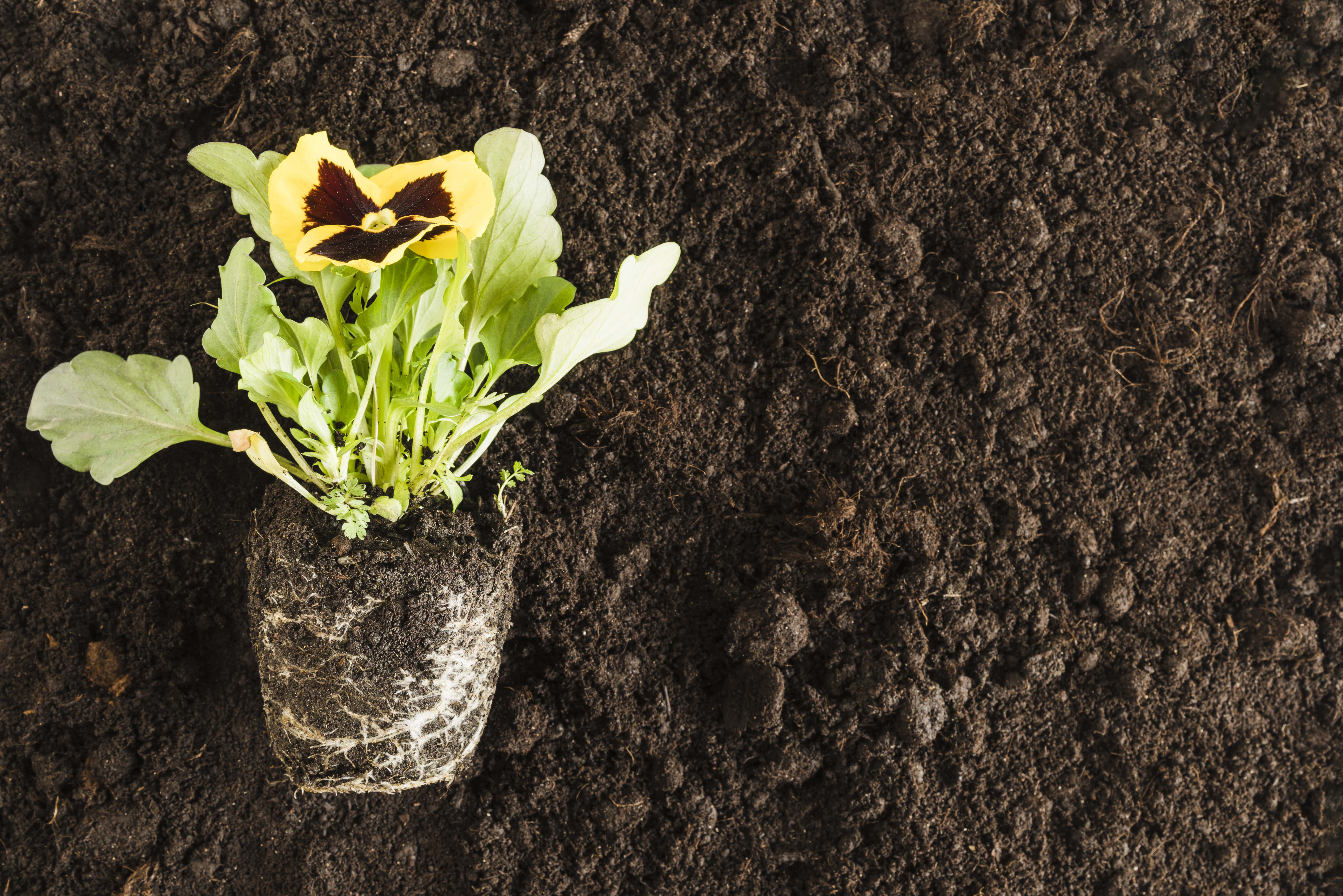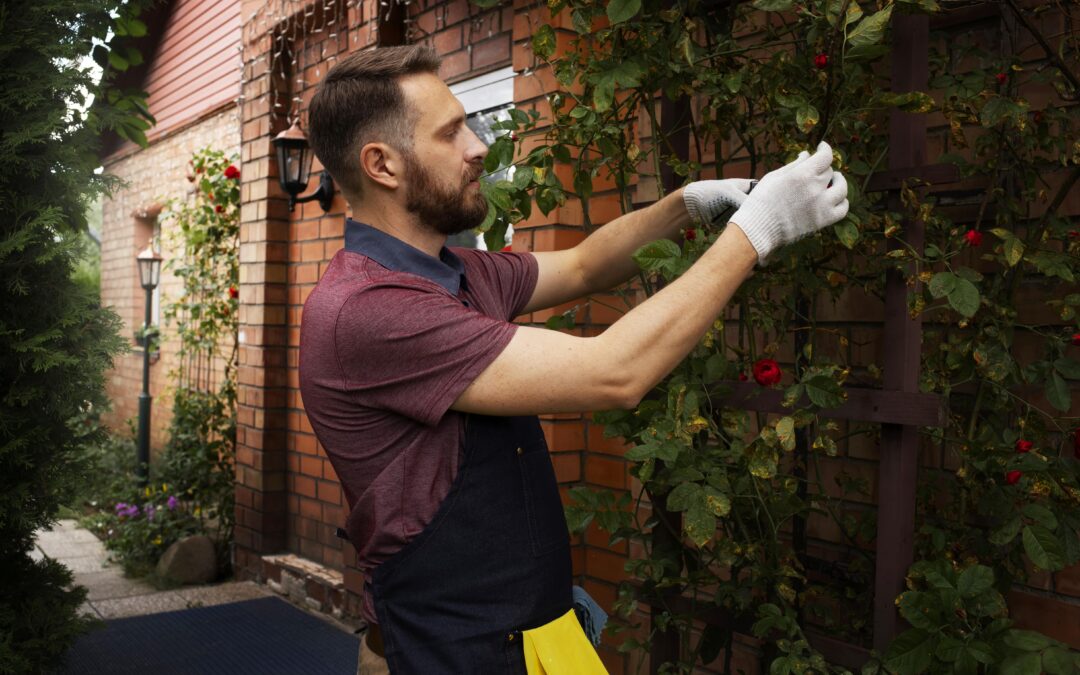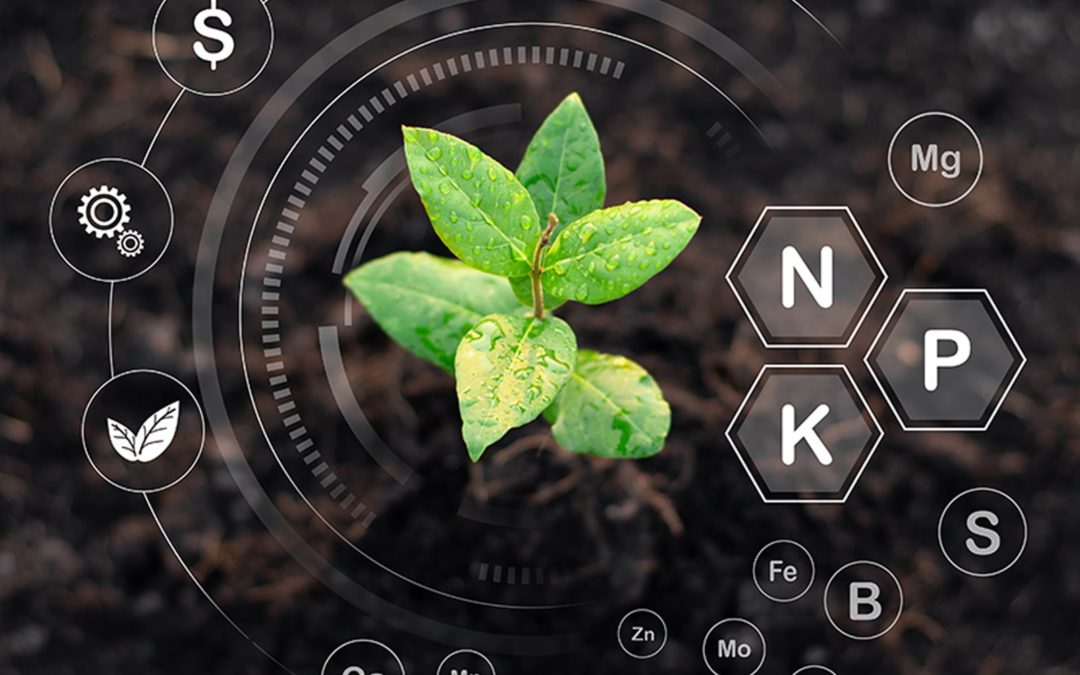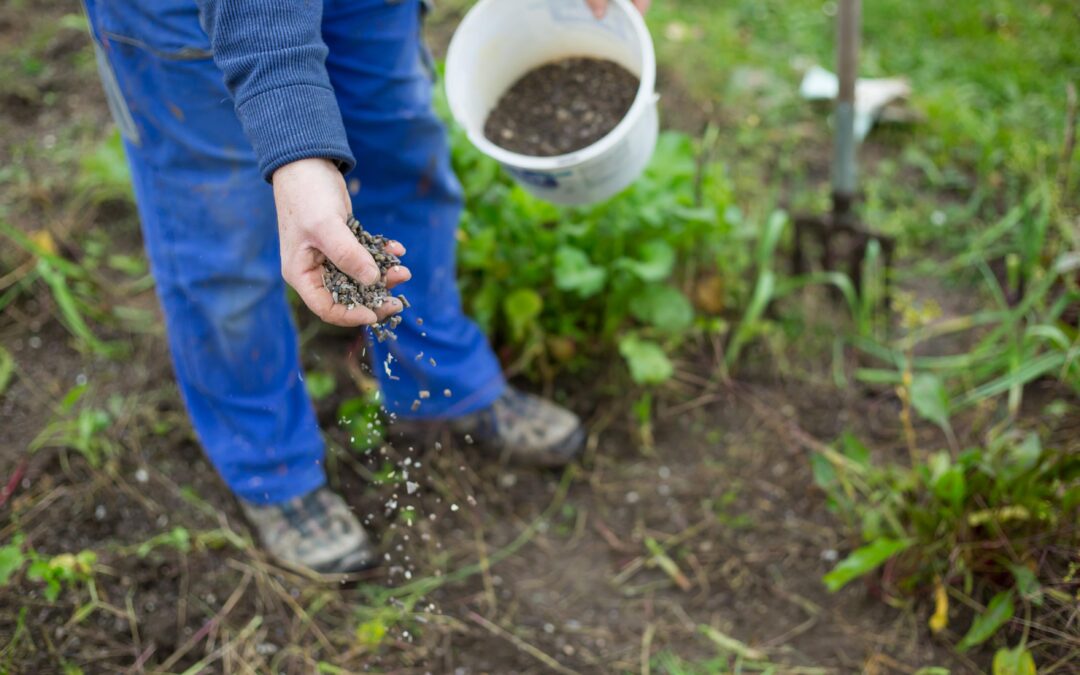Improving the health of your plants starts with the roots. The roots are the foundation of the plant and provide the necessary nutrients and water for the plant to grow and thrive. However, if the roots are not healthy, the plant will struggle and may eventually die. In this blog post, we will discuss some tips for improving the health of your plant’s roots.

1. Proper Soil Drainage:
The first step in improving the health of your plant’s roots is to ensure that the soil has good drainage. Overwatering can cause the roots to rot, so it is important to allow the soil to dry out between watering. You can also add drainage materials such as perlite or coarse sand to the soil to improve drainage.2. Adequate Water:
While too much water can harm the roots, not enough water can also be a problem. The roots need a consistent supply of water to function properly, so it is important to monitor the moisture level of the soil and water your plants as needed.
3. Fertilizer:
Another key to improving the health of your plant’s roots is to provide them with the necessary nutrients. Use a balanced fertilizer that is appropriate for the type of plant you are growing, and follow the instructions on the package for application.
4. Proper Temperature:
Root health also depends on the temperature of the soil. The roots of most plants prefer a soil temperature between 60-70°F. Avoid placing the plant in a location where temperature fluctuates dramatically, like near a drafty window or air conditioning vent.

5. Root Pruning:
Root pruning is a method of trimming the roots of a plant to promote new growth. This can be done by gently digging up the plant and trimming the roots with sharp scissors or pruning shears.
6. Repotting:
When a plant outgrows its current pot, it is time for repotting. Repotting allows the plant to have more room for its roots to grow, and it can also refresh the soil by adding new soil and fertilizers.
By following these tips, you can improve the health of your plant’s roots and ensure that your plants have the best chance for growth and success. Remember to pay attention to your plant’s needs, and do not hesitate to consult with a professional if you have any questions or concerns.




